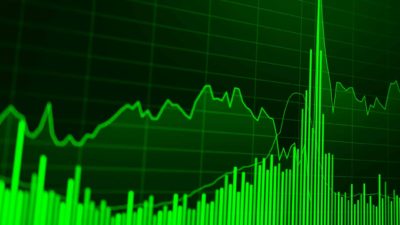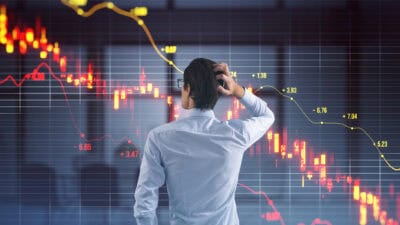One of the biggest investing trends both the ASX and world markets have seen since the Global Financial Crisis of 2008/09 has been the rise of passive investing through exchange traded funds (ETFs).
Retail investors in particular have flocked to ETFs over the past decade, attracted by cheap management fees, easy diversification and a bit of good old fashioned laziness (ETFs are passive, meaning you don't have to pick shares yourself). After all, if you can't beat the market (and most investors don't), why not just join it?
But, according to the Australian Financial Review, a famous investor is warning that ETFs might be in a bubble, and could even cause the next stock market crash.
Enter Michael Burry
Michael Burry, who is a US-based fund manager, made his name shorting (betting against) US mortgage-backed securities in 2008 – just before the GFC. He saw what most people didn't – a US financial system built on dodgy loans that was about to collapse – and made millions while the rest of the world lost out. This has justifiably given Mr. Burry a bit of a reputation as someone to listen to in the affairs of the stock market.
So what is Burry saying now?
Mr. Burry worries that the influx of capital into ETFs is causing a massive market distortion or bubble, commenting that "the bubble in passive investing through ETFs and index funds as well as the trend to very large size among asset managers has orphaned smaller value-type securities globally."
Essentially, what Burry is saying is that ETFs that follow indexes like the S&P 500 (such as the iShares S&P 500 ETF (ASX: IVV)) allocate capital away from smaller stocks that fall outside in the index in a distortional manner. Over time, this had led to the market pricing both large and small companies inefficiently and incorrectly.
Is he right?
Whilst not pretending to be nearly as qualified as Burry to comment on this matter, I do think that the massive growth in ETFs will have consequences that we do not yet understand. However, market-tracking indices still hold liquid stakes in reputable companies – companies that are still required to transparently and regularly publish their profitability (and thus, how much they are intrinsically worth). Thus, I am still comfortable holding share market ETFs like the Vanguard Australian Shares Index ETF (ASX: VAS) for the long-term.








